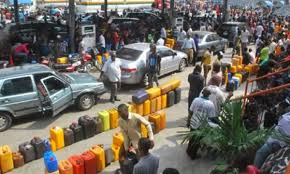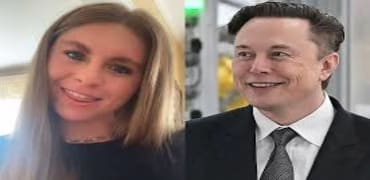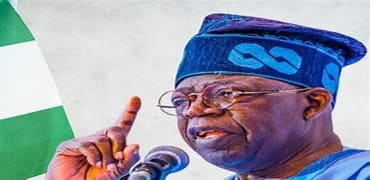- Admin
- Sep 15, 2024
- 131
- 02
Unraveling The Fuel Scarcity And Price Hike Conundrum In Nigeria
Razaq Ivori
Editorial: Unraveling the Fuel Scarcity and Price Hike Conundrum in Nigeria
The recent fuel scarcity and price hike in Nigeria have left many citizens bewildered and frustrated. The NNPC, which holds the sole right to import petrol, has been at the center of the controversy. In July, the NNPC ran out of petrol, leading to a hike in prices by private depot owners. Independent private marketers refused to buy at the new price, leading to hoarding and further price increases.
The NNPC's excuse for the scarcity - "rain, lightning, and thunderstorm delayed petrol vessels from reaching Nigeria" - has been met with skepticism. Nigerians are not buying the tale, and unfolding events have exposed the lies.
At the heart of the issue is the fuel subsidy, which the NNPC has denied paying despite evidence to the contrary. In August 2023, the NNPC paid N169 billion in subsidy, which they later referred to as "under-recovery." The company's financial reports reveal a net profit of N3.29 trillion for 2023, but they owe international oil traders $6.8 billion for petrol importation.
The NNPC's deal with OVH, a company owned by Wale Tinubu, the nephew of President Tinubu, has also raised eyebrows. The deal, which aimed to increase fuel distribution, has been shrouded in secrecy and controversy.
The fuel scarcity and price hike have exposed the rot in Nigeria's oil sector. The NNPC's lack of transparency and accountability has led to a situation where the country is owing a debt of over N3 trillion for products or services not consumed. It is time for the government to take decisive action to address the issues plaguing the oil sector and ensure that Nigerians have access to affordable fuel.
About The Author
Subscribe to our Newsletter
Subscribe to our newsletter to get latest news, popular news and exclusive updates.
Most Read
Poll
-
Is raining season better than dry season





















